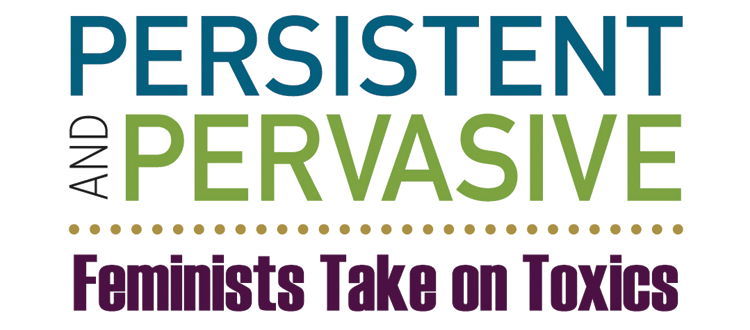Testing Reaffirms the Need for Improved Safety Standards for Vaginal-Use Products
New laboratory research has demonstrated that some intimate care products currently on the market can significantly inhibit the growth of lactobacilli, which are essential bacteria for a healthy vagina. An upset or imbalance of lactobacilli are linked to increased risks of bacterial vaginosis (or BV). BV is incredibly common — it is estimated that at least 75% of women in the U.S. will experience episodes of vaginitis at some point during their life.
This new testing joins the growing evidence linking the use of intimate care products to vaginal infections, and also raises questions on if the products many people are using to “self-treat” BV symptoms, may in fact be worsening the problem.
How Knowing Your Period, Betters Your Period
To better address period poverty and menstrual hygiene management within the United States, there needs to be more emphasis on menstrual and sexual education to help menstruators prioritize their period and take care of their reproductive health.
US NGO explores impacts of New York menstrual products disclosure law
Chemical Watch by Julia John WVE examines compliance, resulting changes countrywide … “A US NGO has begun investigating the effects of New York’s menstrual goods... Read More
The Nation’s First Menstrual Products Disclosure Law Goes into Effect in New York
Companies selling tampons, pads, menstrual cups or period underwear in New York State are now required to disclose all intentionally added ingredients on product labels.
In 2019, New York became the first state in the nation to require period product makers to disclose ingredients by passing A.164-A/S.2387, introduced by Assembly Member Linda B. Rosenthal (D-Manhattan) and Senator Roxanne J. Persaud (D-District 19). The law went into effect this October. There is no federal requirement to disclose, and without requirements, regulations or clear standards, only a few companies were voluntarily providing limited ingredient information. While passed in New York, this law sets a new precedent for period product ingredient disclosure.
California Could Soon Require Free Menstrual Products In Public Schools
NPR By Don Thompson California public schools and colleges would have to stock their restrooms with free menstrual products under legislation sent to Gov. Gavin... Read More
Persistent and Pervasive Podcast: Cleaning, A Stained Industry
New episode talks about the cleaning products in your home that are not as safe and healthy as you think — especially for domestic workers who have to use them day in and out!
New Federal Bill Package Will Make Safer Beauty Available to All
This suite of federal safer beauty bills addresses gaping holes in cosmetic safety by banning the worst chemicals; requiring fragrance disclosure; protecting women of color... Read More
Antiquated Law Allows Toxic Chemicals in Cosmetics and Puts Health At Risk
The law that currently oversees cosmetics and personal care products is more than 80 years old and is under 3 pages long. There are currently around 10,000 ingredients used in cosmetics. Yet, this 84 billion dollar industry is not required to meet any sort of safety standard for ingredients.
Salon workers, environmental groups petition FDA to ban formaldehyde in hair products, treatments
Safety + Health Magazine Staff writer … “The petition lists documented health hazards from exposure to these products, known as keratin treatments, which involve solutions... Read More
Toxic beauty products contribute to health inequity
E&E News By Ariel Wittenberg Toxic chemicals in beauty products commonly used by and marketed to Black people and other people of color could be... Read More





